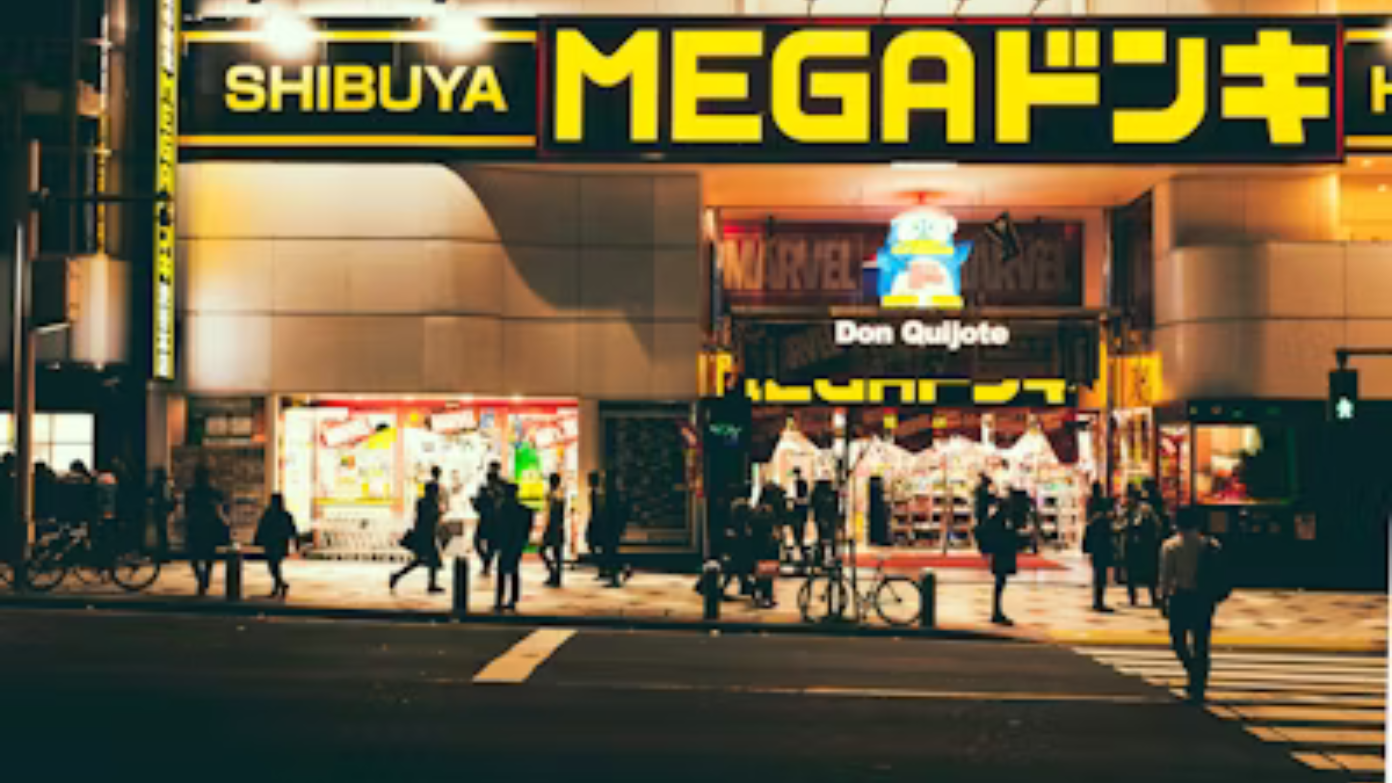Today marks the opening of a major Korean grocery chain in East Palo Alto, San Francisco, California, and it now boasts the biggest Korean supermarket in the Bay Area. Mega Mart is opening its large 50,000-square-foot outlet at 1775 East Bayshore Road today, Wednesday, September 24, 2025, with a 9:30 a.m. ribbon-cutting ceremony and a public opening at 10 a.m. Prior to some closures, the area housed a Target brand which shut down in September 2024 after a consistent underperforming record.
Strategically located and market positioned
The new Mega Mart is certainly a huge contribution to closed retail space left by the outgoing Target, which eliminated 85 jobs with its closure. The East Palo Alto community has a long history of being designated a food desert by the U.S. Department of Agriculture seriously limiting local residents’ options for grocery shopping. According to marketing manager Ashley Jung, 150 staff have been recruited to work at the new store, and 90 percent of them are locals from East Palo Alto.
The East Palo Alto location now becomes Mega Mart’s third shop in the Bay Area and the largest store in California for the company since it already operates in Sunnyvale and Fremont. In addition to the chain’s stores in Atlanta, Georgia, Mega Mart boasts that it is a new but growing competition in the U.S. grocery segment. Additional plans are still looming for one in Dublin, though they are still under discussion.
Signature food items and a Michelin-Star partner
In fact, aside from grocery purchases, Mega Mart East Palo Alto has several very unique dining and retail concepts that set it apart from supermarkets as typically known. Inside the store is a fast-casual restaurant, named Pogu Picnic, founded by the first Korean Michelin-star chef Tony Yoo (executive chef at Jagalchi food complex) nearby. Pogu Picnic’s offer is dosirak meal boxes, roughly equivalent to bento boxes, containing rice with bulgogi beef, gochujang chicken, or grilled eel complemented with vegetable sides for less than $20.
It also has Basquia Bakery, with a specialty in gluten-free pastry using rice flour, which sells rice breads, cakes, and coffees, coupled with well-designed sitting areas for customers. These food service options offer dining experiences of a kind that are usually found in little more than grocery stores, thus defining Mega Mart as a spot that people visit both to shop and to dine.
All-around Korean retail experience
A full offering of “slice-of-life” authentic Korean groceries is found in the East Palo Alto Mega Mart alongside general produce, seafood, and meat departments. It boasts what has been termed the largest K-Beauty Zone in the Bay Area, where once-difficult-to-find Korean skincare and beauty products are available. This is a significant pull for consumers interested in the booming Korean beauty market.
The store’s product mix includes some of the company’s proprietary brands, such as Shinsundowon and K-Recipes, fusing specialty ingredients from Korea with everyday staples. There are also numerous Korean street food offerings available in the deli section, providing hot and ready food options to customers. This all-encompassing approach is meant to appeal to Korean American communities and the greater audience interested in Korean culture and cuisine.
Going head-to-head with the warehouse club model
It is not membership-based like Costco, but what is available within Mega Mart’s big store and numerous offerings is described strategically as a competitor in warehouse shopping. Mega Mart and the bigger H-Mart, both Korean grocery chains, have opened many stores across the United States in the past several years because of the rise in the Asian proportion of the U.S. population, which has been shown to have increased from 1.5 to 7 percent in a few decades.
The largest Asian grocery chain in the United States, H-Mart, currently has over 97 stores and generates more than a billion dollars in sales per year. This kind of large-format grocery store demonstrates that quite an emerging future exists for Asian grocery stores in America. Reflecting on the success of these chains shows their capability of catering to ethnic groups in search of authentic products and, at the same time, mainstream American consumers interested in diversities of food.
Impact and community dimension
Starting September 25, the store will be open from 8 to 9 every day, giving the community ample time to enter the system. There are also a number of opening day specials, such as giving away free large shopping bags to customers who purchase above $100, and free tote bags for customers who review and follow the store on social media. The company has also unveiled a new free membership through the mobile application to give discounts and reward points.
It’s much closer to home in East Palo Alto, where Vice Mayor Mark Dinan and other officials have expressed excitement about the store’s opening, particularly as it brings specialty ingredients such as lemongrass to residents without having to travel to other cities. It is a very significant retail investment in a community that has faced much struggle with food accessibility and limited overall shopping options.
Such flagship opening is indicative of the commitment made by Mega Mart to expand throughout California as part of a very competitive grocery market, where it has to compete with chains like H-Mart, yet at the same time forming part in serving a growing demand for authentic Korean products and experiences.
Read more: Tesla changes policy to help buyers benefit from EV tax credit fix
Read more: Nordstrom to open new stores nationwide: see if your state gets one
Read more: What went wrong with Zuckerberg’s AI glasses? Smart Ray-Bans glitch at Meta Connect

